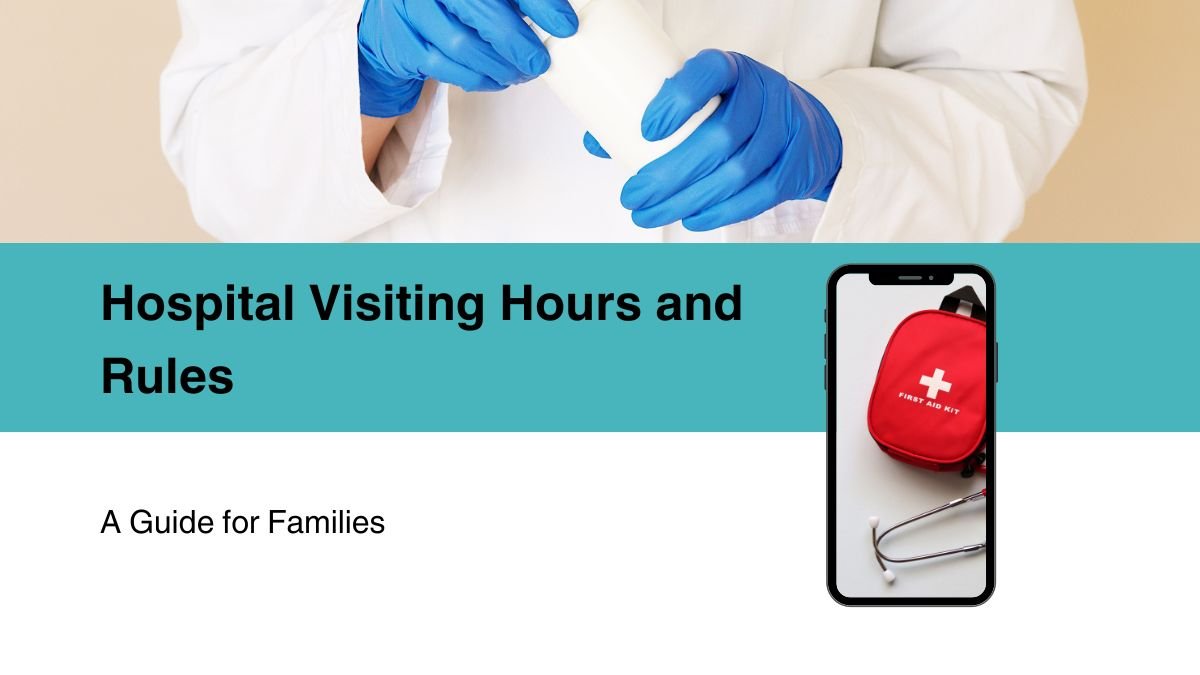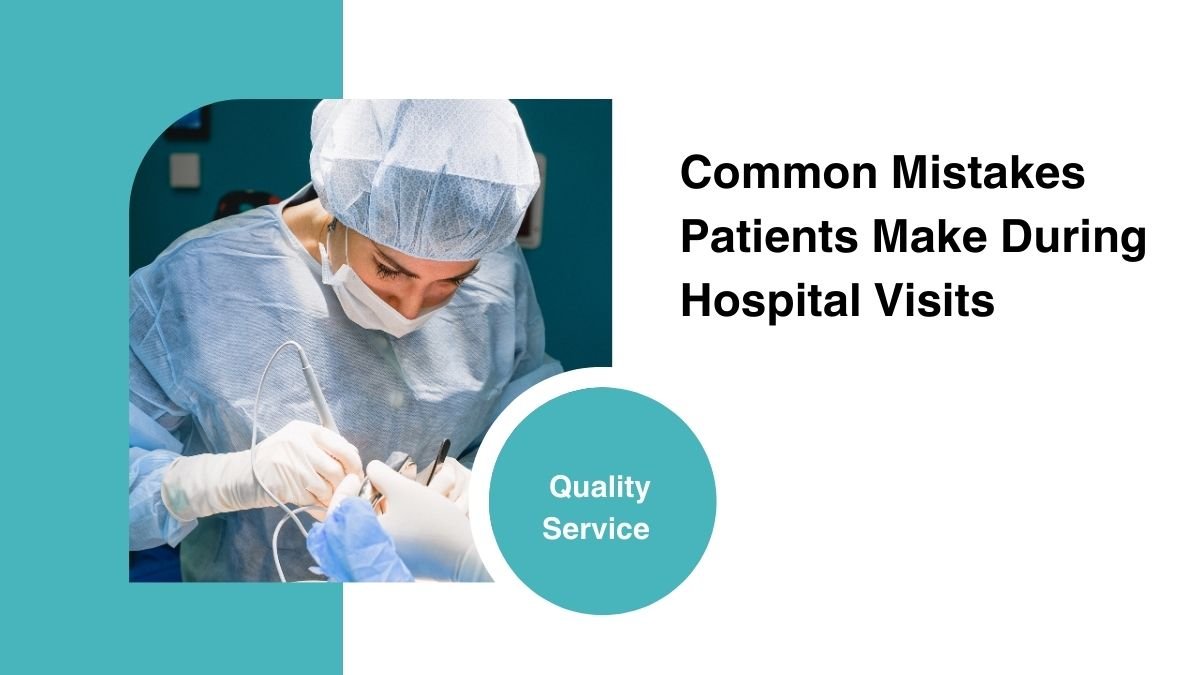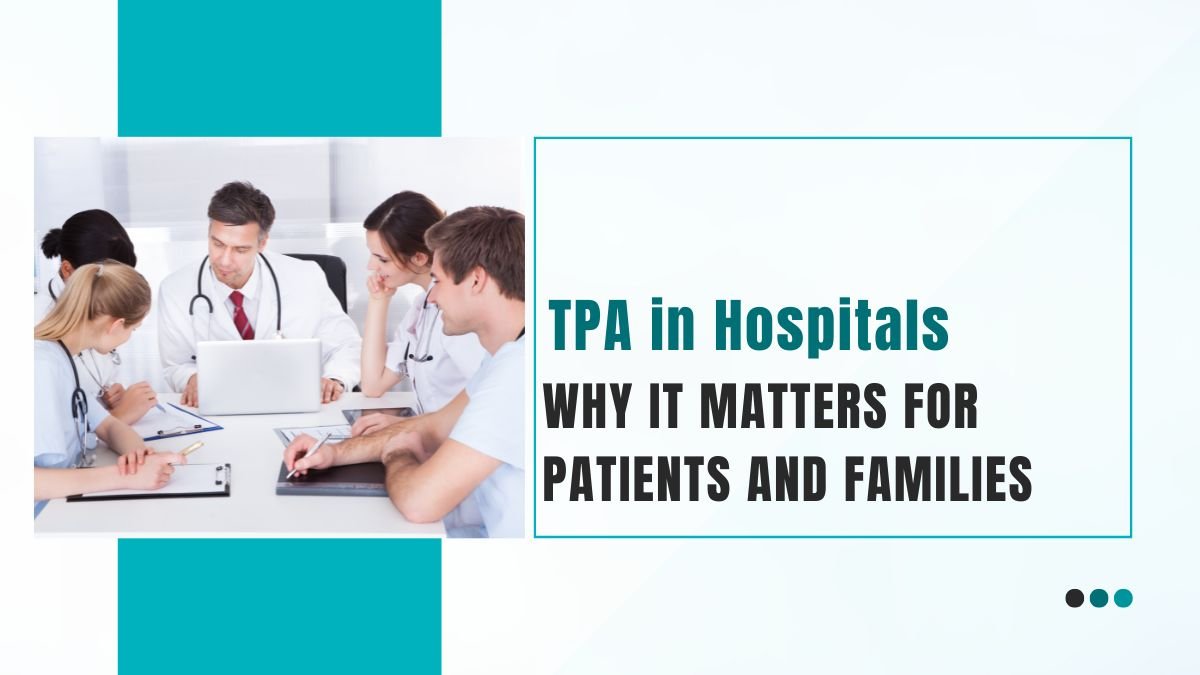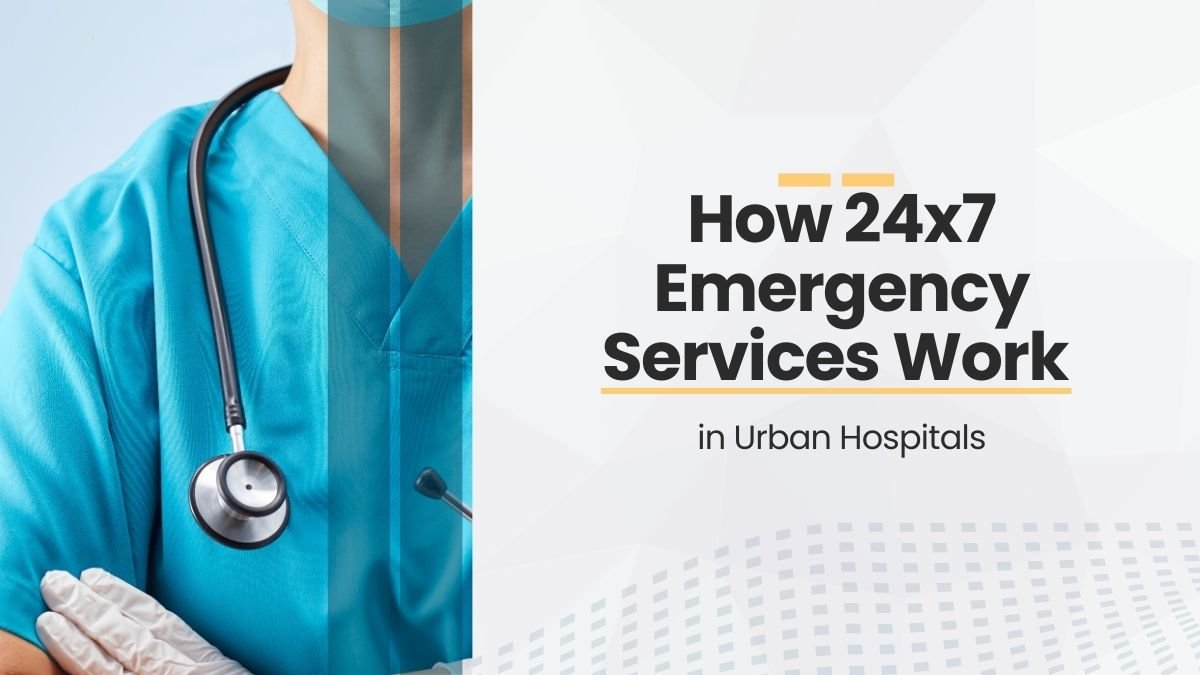When we fall ill, the first thought that comes to our mind is – “Where to get treatment now?” In today’s time, there is some hospital or clinic in every street and locality, but is every hospital right for you? Absolutely not. Choosing a good hospital is as important as taking the right medicine.
Often people choose a hospital in a hurry or on the advice of others, but later they have to regret – the treatment remained incomplete, the doctor was not found properly, or the cost became too high. Therefore, it is important that you choose a hospital after thinking and investigating.
Why is it important to choose a hospital wisely?
Nothing is more important than your health. The right hospital means – experienced doctors, better treatment, new technology and an environment where both the patient and his family get mental peace.
Choosing the wrong hospital can mean the wrong medication, worsening of the disease, frequent visits to the hospital or excessive expenses.
Example: Someone needs to undergo bone surgery. If he goes to a hospital that does not have an orthopedic doctor or has less experience, his recovery can be very slow or complications can increase.
Things to consider while choosing a hospital
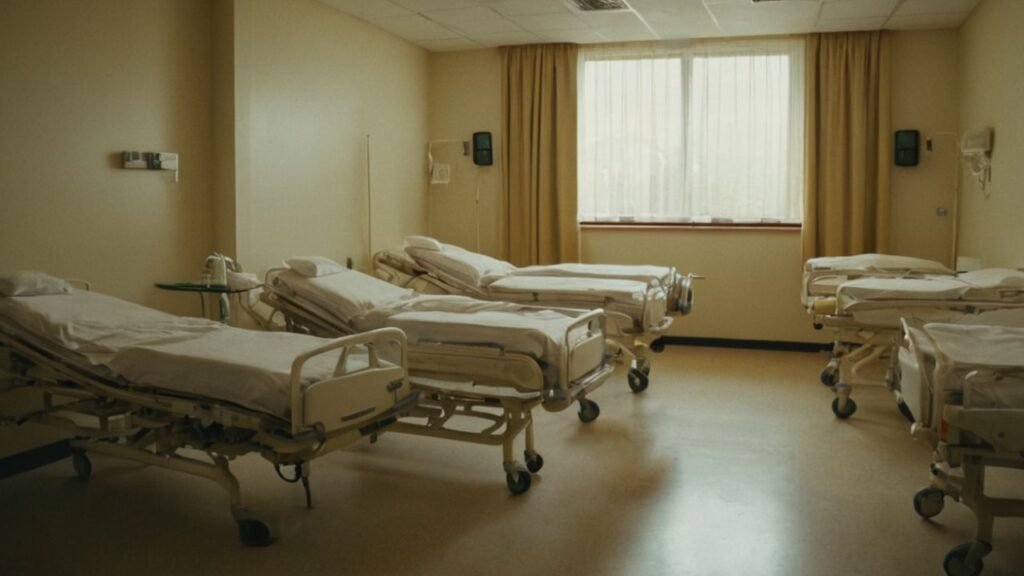
1. How far is the hospital? (Location and accessibility)
Always try to ensure that the hospital is not too far from your home, especially when the treatment is going to be long or an emergency may arise.
- How long does it take to reach the hospital?
- Is there ambulance facility?
- Is it easy to reach by public transport, taxi or own vehicle?
Tip: If an elderly person has to visit the hospital several times a week, a nearby hospital would be better.
2. What is the quality of treatment?
Don’t be happy just by looking at a big building or a shiny lobby. The real thing is the treatment you get there.
- Check the hospital’s registration and certifications like NABH.
- Are doctors available regularly?
- What is the success rate of patients?
You can get this information from online websites or government health portals.
3. How experienced are the doctors?
Doctors are the lifeblood of any hospital. Do check these:
- What is the degree, experience and specialization of the doctor?
- Are there senior doctors present in the hospital or most of the work is done by junior doctors?
- Will there be specialists for a particular disease or not?
Example: If someone has a heart problem, then it is necessary to have a cardiologist.
4. What facilities are available in the hospital?
This becomes more important when you have to stay in the hospital for many days or have to go and come frequently.
- Are there private rooms, clean wards and necessary machines available?
- Are there basic things like ICU, lab, medical store, cafeteria or not?
- Are there sitting or waiting facilities for the patient and family members or not?
5. Patients’ opinion and hospital record
Nowadays everything is available on the internet. Read reviews about the hospital on Google or health apps.
- Are the patients satisfied?
- How many people had to come again after treatment?
- How is the cleanliness in the hospital, the behavior of the staff and the availability of medicines?
6. Get information about insurance and expenses
Everyone has a budget. Therefore, before starting treatment, it is important to know:
- Is your health insurance valid in this hospital?
- What is the treatment package?
- Are there any hidden expenses?
- Is there a facility to pay in installments?
Example: If an operation costs ₹ 1.5 lakh and the insurance covers only up to ₹ 1 lakh, then you will have to pay the remaining amount yourself.
7. Are the services required for your treatment available there?
If you are seeking treatment for any disease such as cancer or are undergoing dialysis, IVF, or neurosurgery, then be sure to check whether the hospital has the right facilities and doctors before proceeding with your treatment.
- Is there a special department for that disease?
- Are modern machines and medicines available?
- Is there a follow-up system after treatment?
Common misconceptions while choosing a hospital
- “The treatment is the same in every hospital”
Truth: The quality of treatment, experience of doctors, and facilities vary from hospital to hospital. - “Only expensive hospitals are good”
Truth: Expensive hospitals are not necessarily the best. Sometimes, even mid-level hospitals have excellent doctors and facilities. - “It is better to choose a hospital based on what others say”
Truth: Experience of others is important, but your needs may be different in your case. So, do your research.
FAQs
Q1. Are government hospitals good?
Ans: Yes, many government hospitals now have excellent facilities, but time and crowd may be a problem.
Q2. What to ask the doctor while choosing a hospital?
Ans:
- Their experience and specialization
- The treatment procedure and time
- The cost of medicines and tests
- Are there any side effects?
Q3. What kind of hospital would be better if there is an emergency?
Ans: Choose a hospital that is open 24×7, has an ICU and emergency department, and provides quick treatment.
Conclusion – Make a decision wisely
Choosing a hospital can affect your life. So don’t make any decision in haste or just on the advice of others. Understand your treatment needs, get information about doctors, estimate facilities and costs, and read patient feedback. All this will lead you to the hospital that will be best for you.
Your health is in your hands – and choosing the right hospital is important. Nana is the first step towards a healthy life.




